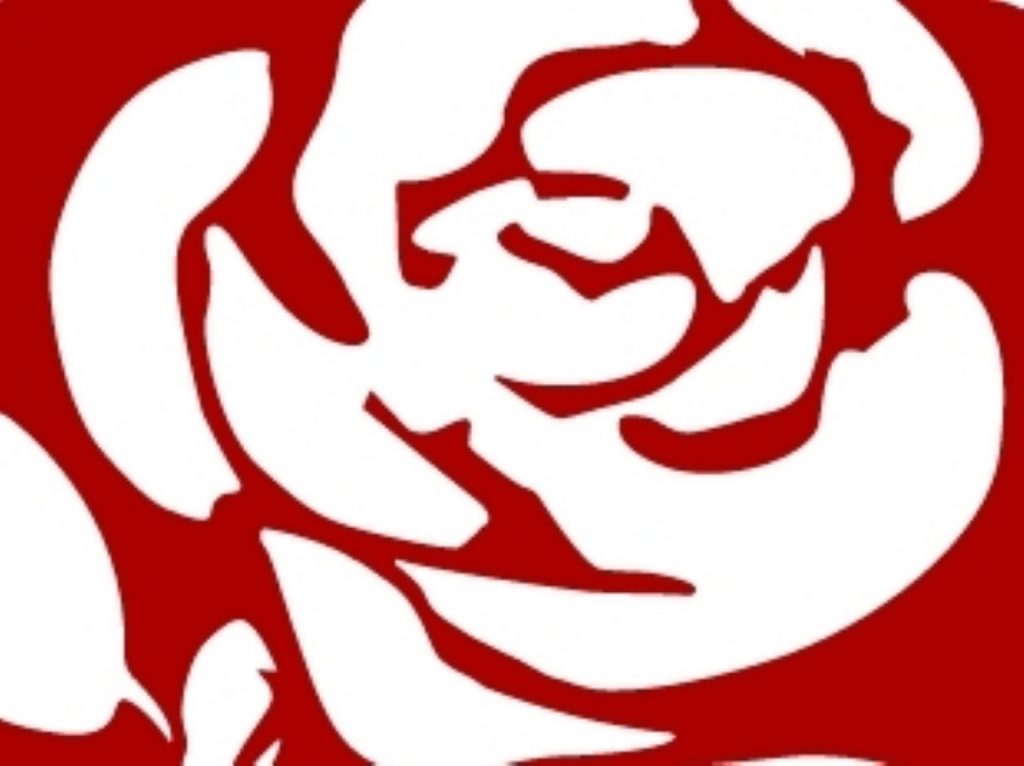Analysis: Labour’s fightback
Today’s speech, and its accompanying slogan, finally cements in place the Labour strategy at the general election.
By Ian Dunt
Once Gordon Brown was pressured out of campaigning on a ‘Labour investment vs Tory cuts’ agenda, the differences between the two parties on economic matters became far less fundamental than they appeared.
David Cameron made tackling the deficit the centrepiece of his campaign. Labour enforced a legally binding requirement on the chancellor and prime minister to halve the deficit in four years. Labour had accepted the need to cut the deficit, and therefore agreed with the main thrust of the Conservative argument.


This is a recurring danger in politics. Once you make some moves towards your opponent’s position you often inadvertently accept the underlying assumptions in their argument, and suddenly you find yourself fighting a general election on their terms. With the deficit reduction promise in place, the debate on economic recovery threatened to boil down to an issue over timing. Labour wanted a patient, cautious approach to cuts, while the Tories were prepared to start cutting this financial year. That slim differentiation was confirmed by the letters to the Sunday Times and Financial Times this week, where the main area of disagreement was over the timing of cuts.
But today’s speech by Brown reveals the economic areas where Labour thinks it can turn the debate on the Tories: namely, how cuts are conducted. Labour’s argument is that the Tories haven’t changed their spots. They are still the nasty party. They rule for the few. If someone’s got to cut public services, Labour are more likely to do it in a cautious, considerate way, while the Tories will positively enjoy it.
The campaign slogan, ‘a future fair for all’, also reveals the importance of Labour’s core vote to the party. While many officials talk of convincing voters, they know huge swathes of the country will never vote for Brown. But with the current modest level of Conservative support, any move which galvanises the traditional Labour vote could secure the party a win. Labour’s biggest vulnerability is not its voters switching to the Conservatives, but that its support will not bothering to vote. That’s why the election will be held on May 6th: to coincide with the local elections and in the hope that sunny weather will encourage otherwise anaemic Labour families to get down to the polling station. And it’s why the rhetoric, while not exactly socialist, is aimed squarely at those with Labour-sympathies.
But there is a weakness here. Brown is promising fairness for the future. But he’s already had 13 years, first as chancellor then as prime minister. How long does he need? It is a problem for all incumbents: what do you promise to change when you’ve already had the chance to change it? After well over a decade of increased inequality, voters will be entitled to ask: why would you manage it this time?









